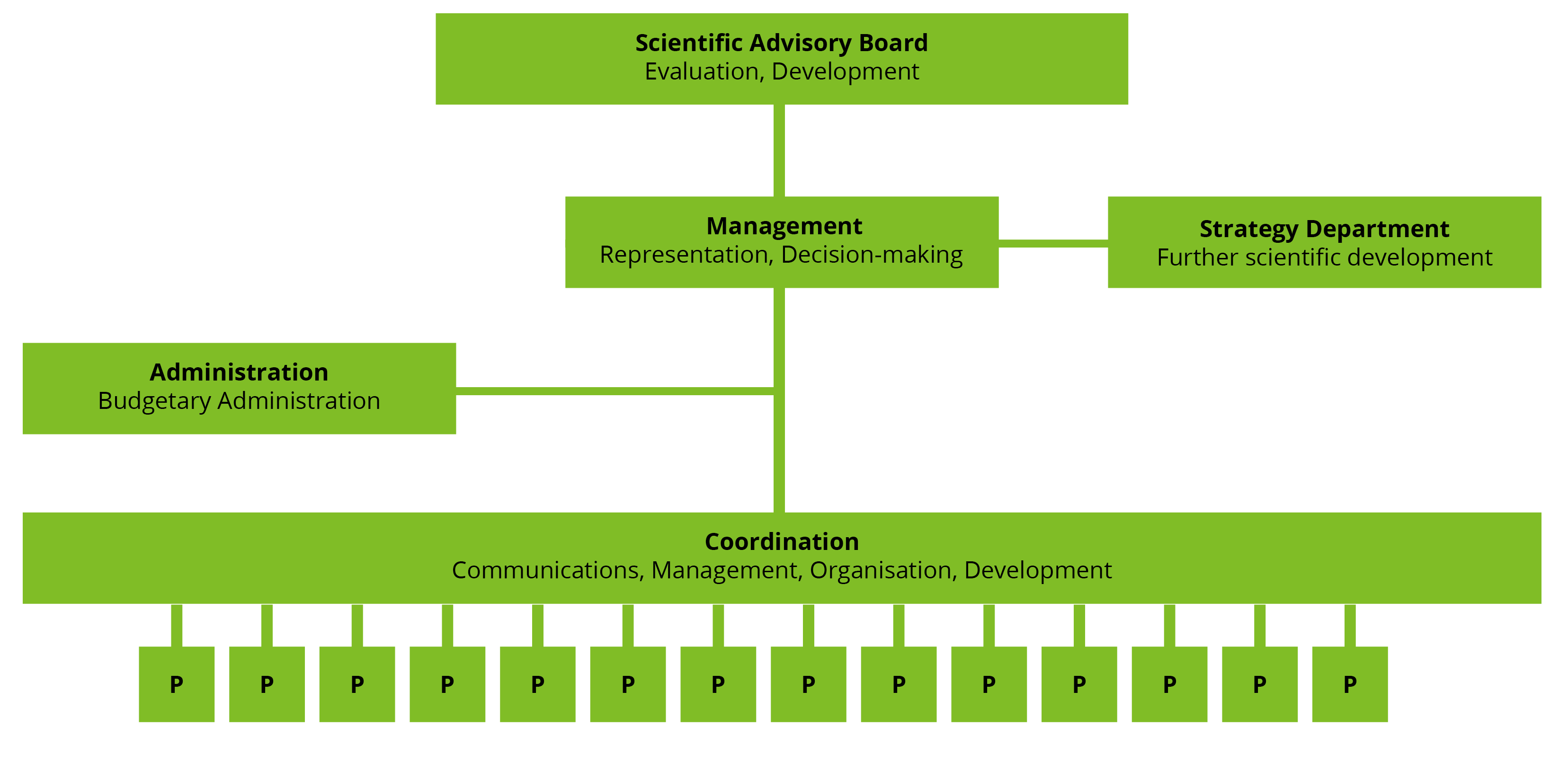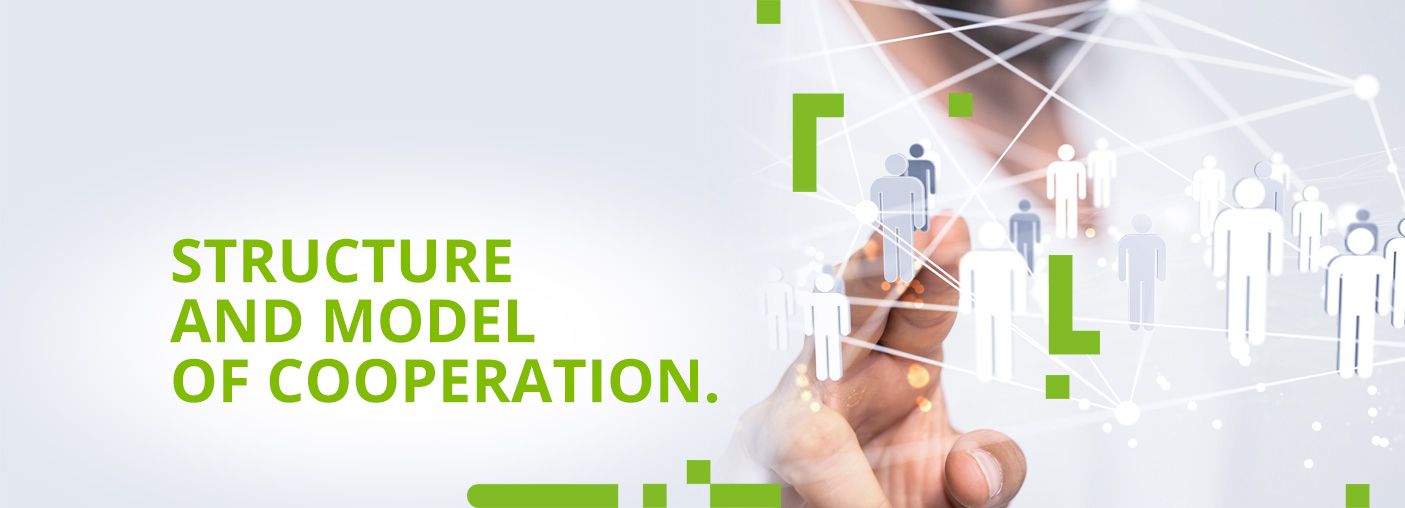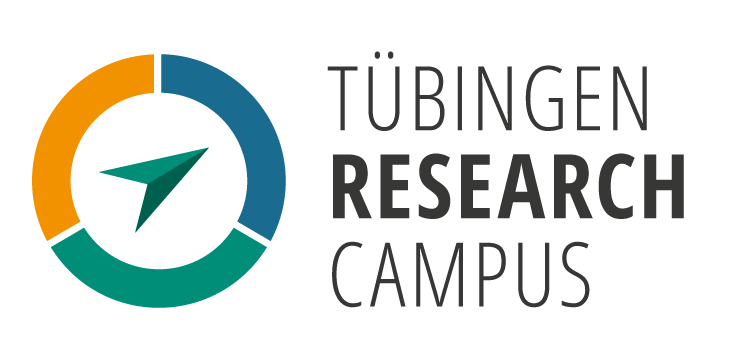Continuation of the
Leibniz-WissenschaftsCAmpus
The Leibniz-WissenschaftsCampus “Cognitive Interfaces“ set about its work on July 1, 2017. This initiative is a continuation of the first nationwide Leibniz-WissenschaftsCampus “Informational Environments“. The research network is financed by the Eberhard Karls University of Tübingen and the Leibniz-Institut für Wissensmedien, through funding by the federal state of Baden-Württemberg and the Leibniz Association. The basis for this support is a cooperation contract agreed upon by the Leibniz-Institut für Wissensmedien, the Eberhard Karls University of Tübingen and the Ministry for Science, Research and the Arts Baden-Württemberg. In May 2018, two projects, which are located at the Institute for Visualisation and Interactive Systems and the Institute for Natural Language Processing of the University of Stuttgart were selected to be associated with the Leibniz-WissenschaftsCampus Tübingen. Both projects are carried out jointly with the IWM.
The foundation for the operational work of the Leibniz-WissenschaftsCampus is the establishment of a stable organizational structure, with its co-ordination located at the Leibniz-Institut für Wissensmedien. A strategy department was put into place for strategic orientation. An international Scientific Advisory Board was also appointed which assists the Leibniz-WissenschaftsCampus in an advisory capacity and evaluates the work at regular intervals.
Commitees
Board of Directors of the Leibniz-WissenschaftsCampus:
- Prof. Dr. Bernd Engler, Rector of the University of Tübingen
- Prof. Dr. Ulrike Cress, Director of the Leibniz Knowledge Media Research Center
Coordination of the Leibniz-WissenschaftsCampus:
- Mirjam Groß, Leibniz-Institut für Wissensmedien
Strategy Department:
- Dr. Jürgen Buder, Leibniz-Institut für Wissensmedien
Scientific Advisory Board of the Leibniz-WissenschaftsCampus:
- Prof. Dr. Nikol Rummel(Chairwoman), Professor of Educational Psychology, Educational Sciences Institute, Ruhr University of Bochum
- Prof. Dr. Regina Jucks, Institute for Psychology in Education and Training, Westfalian Wilhelms University of Münster
- Prof. Dr. Jan L. Plass, Paulette Goddard Chair in Digital Media and Learning Sciences, Steinhardt School of Culture, Education, and Human Development, New York University
- Prof. Dr. Klaus Tochtermann, Director of the Leibniz Information Center for Economics Media Informatics, Kiel
- Prof. Dr. Olaf Köller, Director of the Leibniz Institute for Science and Mathematics Education, Kiel
Organization Chart

Cooperation Model
The fundamental idea of a Leibniz-WissenschaftsCampus is to create a stronger network between research in and outside the university. To achieve this, a Leibniz-WissenschaftsCampus is structured as a joint research association of at least one Leibniz institution, at least one university, the federal state where the head office of the initiative is located and, if applicable, the Federal Republic of Germany. The goal is to foster an exchange of scientific excellence among Leibniz institutions and universities through reciprocal regional partnerships. Network based research is meant to bundle elements of excellence, to foster strategic collaborations and the interdisciplinary realization of topics, projects and methods, to increase the visibility of the campus location and to strengthen its profile. The Leibniz-WissenschaftsCampus is designed for sustainability: amongst others, graduate colleges, graduate schools, collaborative research centers and clusters of excellence can emerge here.
For the establishment of a Leibniz-WissenschaftsCampus a clearly nameable and well-focused topic is central. The thematic focus depends on the existing structures of the participating Leibniz institutions and universities, the strategic expertise and competence of the relevant Leibniz institutes and the home university’s research focus. In order to deal with a topic comprehensively and efficiently, it is worth seeking the complementary scientific excellence of other disciplines by forming a partnership with one or more scientific institutions. In this way, the partners strengthen their profiles resulting in a win-win situation for all participants.
The advantage for universities being involved in a Leibniz-WissenschaftsCampus is that due to their fundamental and application-oriented research Leibniz institutes are particularly suitable partners for the examination of topics with social relevance. In turn, the relatively small Leibniz institutes are interested in additional expertise. In all, a Leibniz-WissenschaftsCampus forms the basis for a mutually beneficial cooperation.
The Leibniz-WissenschaftsCampus Tübingen aims to develop a close and strategic network in order to refine questions about the use of digital media in educational, organizational and informal contexts as well as to strengthen the scientific environment in this topic.
The concrete benefit for the IWM, which has a strong sociological and media related focus, is the thematical extension being introduced by the expertise of partners from other departments. Furthermore, from the viewpoint of the IWM, external partners provide access to media related resources such as innovative technologies, data pools and contacts to fields of practice like schools and organizations. Therefore, the research of media supported knowledge processes can be addressed in a wider range.
The gain for the Eberhard Karls University and for the other partner institutions is the expansion of their research by medial and knowledge related topics. Therefore, the WCT forms a “docking station” which supports the enhancement of the psychological focus of the IWM to further disciplines.
Tübingen Research Campus
The IWM is a member of the Tübingen Research Campus (TRC), which is a network of the University of Tübingen and non-university research institutes. The goal of the TRC is to create synergies and to jointly bring forward top-level research in Tübingen. There are numerous cooperations between the TRC partners in research projects. The partners share facilities and train their junior researchers together.


